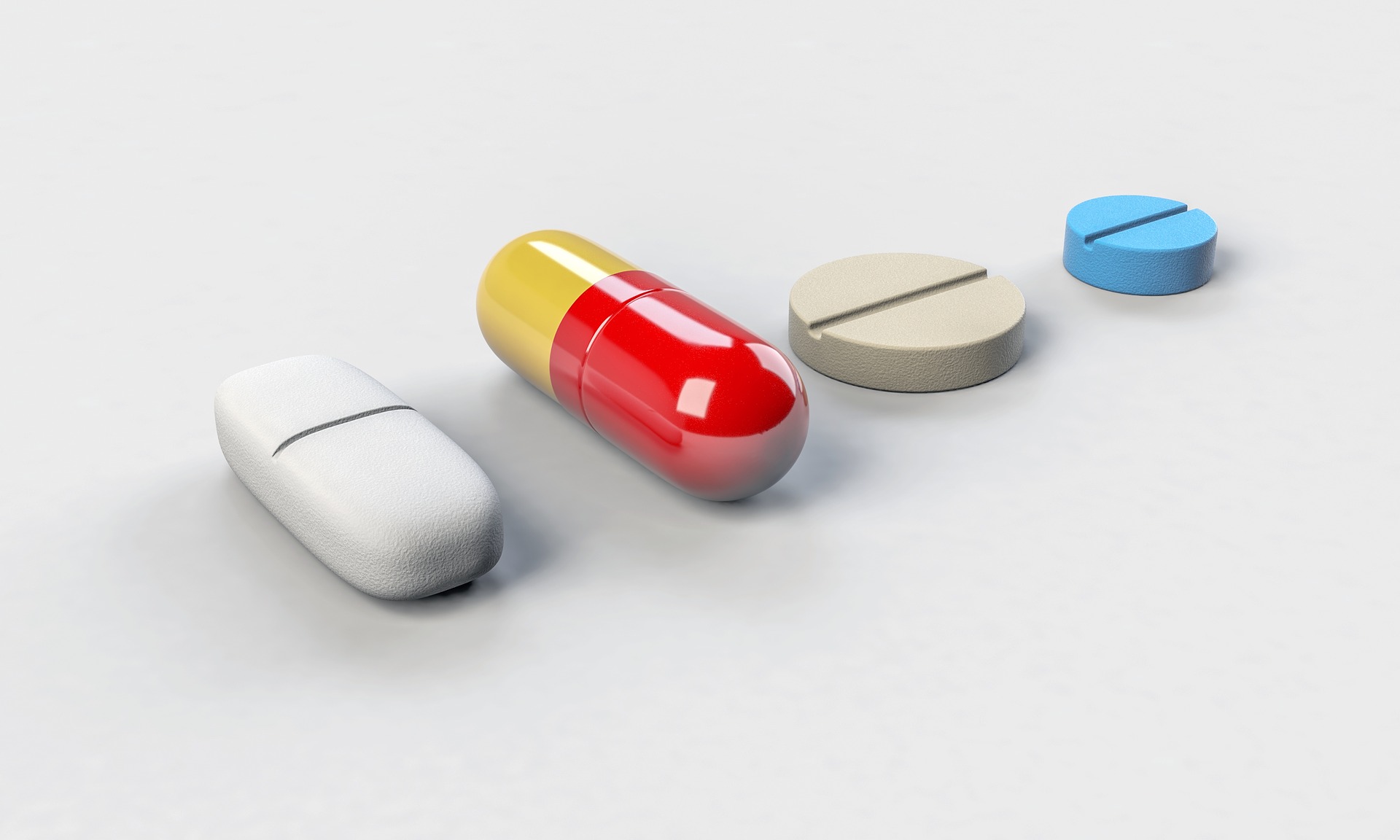When many people think about opioid addiction, the first substance that comes to mind often is heroin, and while that is an incredibly harmful drug, even more people die every year overdosing on prescription pain medications like oxycodone, Vicodin, morphine, and others.
In fact, a 2016 study found that over two million Americans suffer from a substance abuse disorder involving prescription pain medications, while almost 600,000 were dealing with heroin overdoses. Deaths related to opioid overdoses number in the in the tens of thousands annually.
It is an epidemic, but those struggling with these addictions are not without help. The following include some of the most important steps in kicking an addiction to heroin and prescription pain pills:
#1 Acknowledgment
In order to solve any problem, there first must be an admission that a problem does in fact exist. As you or someone you love develops a growing awareness of this issue, either through conversations with family members or through developing issues in the arenas of work, health, or money, the time will arise to admit that certain behaviors are destructive and potentially dangerous. Admitting this is the first step to opiate recovery.
#2 Consideration
After acknowledgment of the problem, the addict and their support group will need to move toward a plan of action, which includes making informed decisions about next steps, which includes deciding upon the best fit in terms of detox and rehab – and even in to a sober living community for their recovery such as a halfway house in Chicago.
#3 Detox
Any addict that has gone through the process of detoxification knows that it can be challenging, which is why going through that process with the help of professionals is important. Often, medication-assisted treatment is necessary for kicking opioids, mostly as a means of limiting the negative withdrawalsymptoms that can come with detox. It’s a tough step, but a necessary one.
#4 Treatment
Next comes therapy and support, which help recovering addicts address the root of the problems causing addiction in the first place. Several facilities in Chicagoland offer both individual and group therapy to address each person as a whole, all as a means of helping keep people from the addictive behaviors that led to their problems in the first place.
#5 Maintenance
Finishing rehab and officially entering sobriety is a huge step, but it’s not the end. The quest for long-lasting sobriety is never really over, so aftercare programs and extra support can help ensure that former addicts stay sober and avoid relapse. Narcotics Anonymous and Heroin Anonymous are excellent support groups for those looking at a future of prolonged sobriety, and of course we are able to help kick start any such efforts here at Stairway to Freedom Sober Living, as we strive to help recovering addicts achieve lasting sobriety.
Our role in all of this comes at the maintenance stage, but there are resources for addicts through every step of this process to ensure they get the help they need. Here at Stairway to Freedom Sober Living, our halfway housing gives recovering addicts the structure and stability they need to make positive strides in their lives.
